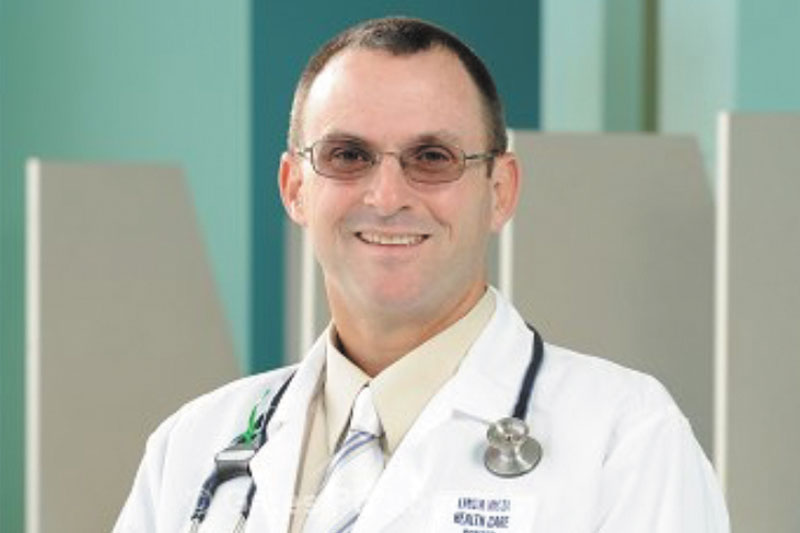
Take the COVID-19 Quiz
By Arthur Blain, MD, FAAFP
Realistic COVID-19 expectations: Take this quiz to see how much you know about the coronavirus. Dr. Arthur Blain, a doctor who has treated COVID-19 patients, provides answers to current questions. (Scroll to bottom of article for answers).
- With in-person classes planned at local public schools, is it possible to completely stop students from bringing COVID-19 home, infecting their parents, siblings or grandparents?
Yes ___ No ___
- Some say youngsters are not seriously affected when they catch the coronavirus. Is this true?
Yes ___ No ___
- Can someone who has been fully vaccinated against COVID-19 still spread it to others as a carrier?
Yes ___ No ___
- Most sports are beginning for young people again. Is there a 100 percent guarantee that participating athletes will not catch COVID-19 and spread it to teammates, classmates or bring the coronavirus to their home?
Yes ___ No ___
- Can someone without any symptoms still be a carrier and spread COVID-19?
Yes ___ No ___
Dr. Blain is a board-certified Poway family physician and board member of the California Prostate Cancer Coalition with 24 years of medical experience, both in the community and with the military. He provides office and telemedicine care for COVID patients and all medical issues. He lives in Poway with his wife, four sons, two dogs, two cats and a Lion Head rabbit. When not coaching youth basketball, soccer and running, he runs ultra-marathons and enjoys open water swimming.
Answers to COVID-19 quiz
- No – COVID-19, influenza and the common cold are all very contagious and it will never be possible to completely stop students from bringing them home to family members. Children represent about 13 percent of all COVID-19 cases in the U.S., and often show no symptoms, presenting a significant but sometimes undetectable risk for their family. COVID-19 remains especially dangerous for the elderly and those with comorbid conditions such as diabetes, heart disease, obesity or other diseases. COVID-19 also disproportionately affects Hispanic and non-Hispanic Black children at higher rates than non-Hispanic white children. These risks are multiplied by the fact that there is currently no COVID-19 vaccine for children under 16 years old.
- Yes – Children younger than 10 to 14 years old are less likely to become infected with SARS-CoV-2, the virus that causes COVID-19, compared to people age 20 and older. Moreover, children do not become as sick as adults and often have mild or no symptoms. This is not true for newborns and babies under age 1 who might be at higher risk of severe illness with COVID-19 than older children due to their immature immune systems and smaller airways.
- Yes – COVID-19 vaccine effectiveness at preventing spread of the virus to others as a carrier depends on which of three available vaccines you got (Pfizer, Moderna or Johnson & Johnson). The Pfizer vaccine is more protective than the other two, but all three vaccines do a reasonably good job at preventing COVID infection. No vaccine is 100 percent effective at preventing any infection. One study noted that 24 percent of COVID transmission was caused by people who were infected with the virus but never developed any symptoms.
- No – Students participating in sports can and will spread COVID-19 to classmates and family at home, and risk varies by sport. Non-contact sports show lower rates of COVID-19 than contact sports, and outdoor sports show lower rates than indoor sports. Most sports-related spread of COVID-19 does not occur during sports participation, but from social contact. The COVID-19 rates of participants in any sport are directly proportional to prevailing community disease rates rather than inherent aspects of any given sport.
- Yes – COVID-19 is often spread by people without any symptoms, emphasizing the importance of social distancing, mask use, staying home while ill and appropriate hygiene. COVID-19, or perhaps future COVID-20 and various mutation variants, will never disappear regardless of how many vaccines we give or how many precautions we take. But we can save millions of lives by vaccinating as many people as possible and adhering to safety precautions.

